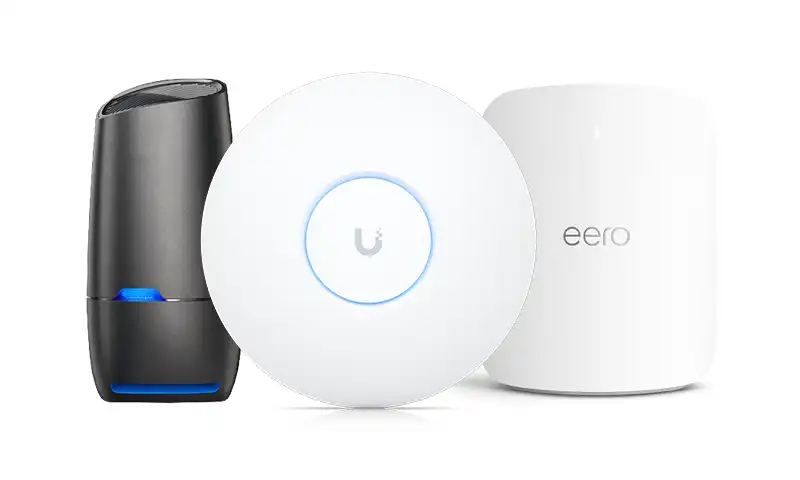
What is best security for a home network?
Home network security has become a significant concern for homeowners, particularly as more people work and study remotely. A secure home network ensures that your devices and personal data are protected from cyber threats such as hacking, malware, and phishing attacks. In this article, we will discuss the best security measures you can take to safeguard your home network.
- Use Strong Passwords
The first and most important step in securing your home network is using strong passwords. A weak password can be easily cracked, allowing hackers to gain access to your network and personal data. Use a mix of upper and lower case letters, numbers, and symbols in your password. Do not use common phrases, names, or dates that can be easily guessed.
- Update Your Software
Keeping your software up-to-date is crucial for network security. Software updates usually include security patches and fixes that address vulnerabilities in the software. Make sure to regularly update your operating system, antivirus software, and any other software installed on your devices.
- Use Antivirus Software
Antivirus software is a must-have for any home network. It protects your devices from malware and viruses that can harm your network and personal data. Install a reputable antivirus software and keep it up-to-date. Run regular scans to detect and remove any malware or viruses.
- Enable Network Encryption
Network encryption is a security measure that scrambles your data, making it unreadable to anyone who does not have the encryption key. Enable network encryption on your router to protect your network from unauthorized access. Use the latest encryption standard, such as WPA3, for maximum security.
- Set Up a Guest Network
Setting up a guest network is an excellent way to keep your home network secure. A guest network provides a separate Wi-Fi network for your guests, keeping their devices separate from your network. This prevents guests from accessing your personal data and devices.
- Disable Remote Management
Remote management allows you to access your router's settings from a remote location. However, it also exposes your network to potential security threats. Disable remote management unless it is absolutely necessary. If you need to use remote management, make sure to use a secure connection.
- Enable Firewall Protection
A firewall is a network security system that monitors and controls incoming and outgoing network traffic. Enable firewall protection on your router to block unauthorized access to your network. Make sure to configure your firewall settings properly to allow legitimate traffic and block malicious traffic.
- Use a Virtual Private Network (VPN)
A VPN is a secure network connection that allows you to access the internet safely and privately. It encrypts your internet traffic and masks your IP address, making it difficult for hackers to track your online activity. Use a reputable VPN service to protect your home network and personal data.
In conclusion, securing your home network is essential for protecting your personal data and devices from cyber threats. Use strong passwords, update your software, use antivirus software, enable network encryption, set up a guest network, disable remote management, enable firewall protection, and use a VPN to enhance your network security. By implementing these security measures, you can enjoy a safe and secure home network.
YesTechie technicians are highly skilled and experienced in securing home networks. We can help you implement all the security measures mentioned in this article to protect your personal data and devices from cyber threats. With our expertise and experience, you can enjoy a safe and secure home network.


